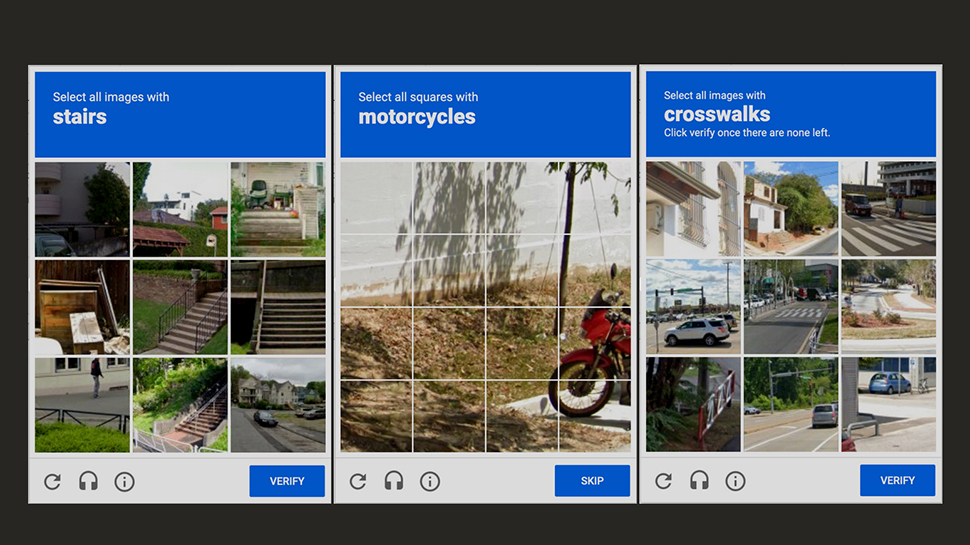“`html

Researchers at ETH Zurich in Switzerland have created a groundbreaking tool capable of bypassing Google’s CAPTCHA system with complete accuracy, raising significant alarms regarding the future viability of CAPTCHA as a security measure.
CAPTCHA, which stands for “Completely Automated Public Turing test to tell Computers and Humans Apart,” has served as a fundamental barrier against automated bots for many years, with Google’s reCAPTCHA being the most prevalent version.
This technology employs image-based tasks and monitors user behavior to distinguish between human users and machines. However, advancements in artificial intelligence have made these systems increasingly susceptible to breaches.
The CAPTCHA Challenge Intensifies
The team comprising Andreas Plesner, Tobias Vontobel, and Roger Wattenhofer recently adapted the You Only Look Once (YOLO) image-processing framework to successfully navigate Google’s reCAPTCHAv2 human verification system. Their research aimed at assessing the effectiveness of reCAPTCHAv2, which plays an essential role in safeguarding websites by preventing automated bots from accessing forms or making purchases online.
The findings revealed that their modified YOLO model achieved an unprecedented 100% success rate in solving reCAPTCHAv2 image challenges. In contrast, previous models had only managed success rates ranging from 68% to 71%. Furthermore, it was noted that bots required approximately the same number of attempts as humans to solve CAPTCHAs. This raises concerns about the reliability of current systems in differentiating between genuine users and automated programs. The study also highlighted that reCAPTCHAv2 relies heavily on browser cookies and historical data for its assessments; thus allowing bots mimicking human browsing patterns to circumvent security measures.
As AI technology progresses rapidly, the distinction between human cognition and machine intelligence continues to blur. CAPTCHAs—originally designed for easy resolution by humans but challenging for machines—may soon become outdated. This research emphasizes not only the difficulty of developing new CAPTCHA systems that can keep pace with AI advancements but also suggests exploring alternative methods for verifying human identity online.
The comprehensive study is accessible on the
arXiv preprint server. It advocates for innovative approaches in creating future CAPTCHA systems capable of evolving alongside AI technologies or investigating different strategies for authenticating users effectively. Additionally, it stresses further exploration into refining datasets used in training models while enhancing image segmentation techniques and understanding what triggers blocking mechanisms within automated CAPTCHA-solving frameworks.
This research carries substantial implications as it highlights an urgent need for innovation within digital security protocols. As artificial intelligence continues its rapid evolution, traditional methods employed to differentiate humans from machines are becoming increasingly unreliable; this compels tech industries worldwide to reconsider their security measures and user verification processes moving forward.
More Insights from TechRadar Pro
- The top AI writing tools available today
- A cybercrime group claims they can assist hackers in overcoming CAPTCHA barriers
- Businesses must urgently reassess their use of CAPTCHAs
Source
“`





